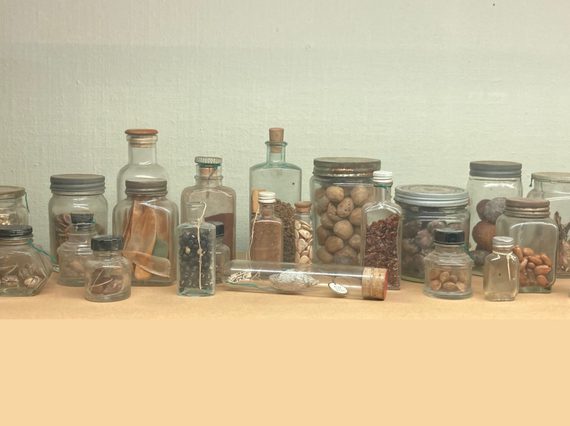
People and Plants
People and Plants will investigate the interplay between natural history and ethnography collections in museums, emphasising their value as material archives of indigenous ecological knowledge.
Last updated: 14 June 2022
About the project
From the mid-19th to the early 20th century, British museums systematically acquired large numbers of plant-based objects and raw materials. National Museums Scotland has a large collection of ethnographic artefacts and some ethnobotany specimens from its origins in the Industrial Museum, Edinburgh (1855-1864) and the Edinburgh Museum of Science and Art (1865-1904).
The Royal Botanic Gardens, Kew, collected both raw materials and artefacts for its Museum of Economic Botany, which remains largely intact today. Whilst the Powell-Cotton Museum in Kent, famous for its dioramas of African animals, also holds many plant-based objects and a purely ethnobotanical collection of African medicines from the 1930s. It has been widely observed that biocultural specimens can languish as curators struggle with how to research and curate them.
Led by National Museums Scotland and the Royal Botanic Gardens, Kew the AHRC-funded project 'People and Plants: Reactivating Ethnobotanical Collections as Material Archives of Indigenous Ecological Knowledge' situates itself within current debates on decolonising the practice and method of museum work to explore how we care for, interpret and exhibit ethnobotanical collections in museums. The project will hold three workshops in 2022-23 with the aim of creating a conversation between academics, researchers, museum professionals, botanists, and indigenous knowledge holders to establish the relevance of ethnobotanical collections in the present, and their potential applications for the future.
- Project title
People and Plants: reactivating ethnobotanical collections as material archives of Indigenous ecological knowledge
- Project active
2022 - 2023
- Research theme
Colonial histories and Legacies
- Research programme
Identities and Cultural Contacts
- Strategic priorities
Developing, preserving and increasing access to the National Collections; Strengthening and sharing collections knowledge and research; Reaching out to people across Scotland and the world; Taking action on climate change and environmental impact
Contributors
Dr Ali Clark, Senior Curator Oceania and the Americas, National Museums Scotland
MS Professor Mark Nesbitt, Curator of the Economic Botany Collection, Royal Botanic Gardens, Kew
Dr Inbal Livne, Head of Collections, Powell-Cotton Museum
Advisory group
Dr Rajindra Puri, University of Kent
Professor Luciana Martins, Birkbeck
Dr Jilda Andrews, Australian National University
Isla Gladstone, Bristol Museum and Art Gallery
Dr Johanna Zetterstrom-Sharp, Horniman Museum and Gardens
Workshops
The project is hosting three in person workshops across 2022-23 at each of the project institutions. One online workshop will also be held in July 2022.
11 March 2022: Powell-Cotton Museum, Kent
The workshop was run in partnership with the School of Anthropology and Conservation at the University of Kent and the NOMAD project, which works with engaging Somali communities in heritage projects. Discussions considered the salience of ethnobotany specimens for diaspora communities today (particularly women) and how these narratives can be embedded into museum processes such as cataloguing, display and outreach. It used the Diana Powell-Cotton collection (1934-35) from Somalia as its case study, which includes a distinct subset of medicines for issues of women’s and children’s health.
Talks were given by Abira Hussein, Rosa Dyer and Inbal Livne. Listen to Rosa's talk.
Read a blog post about the workshop.
See also a blog post by the Natural Sciences Collections Association on the 'Social History of Natural History: People and Plants'.
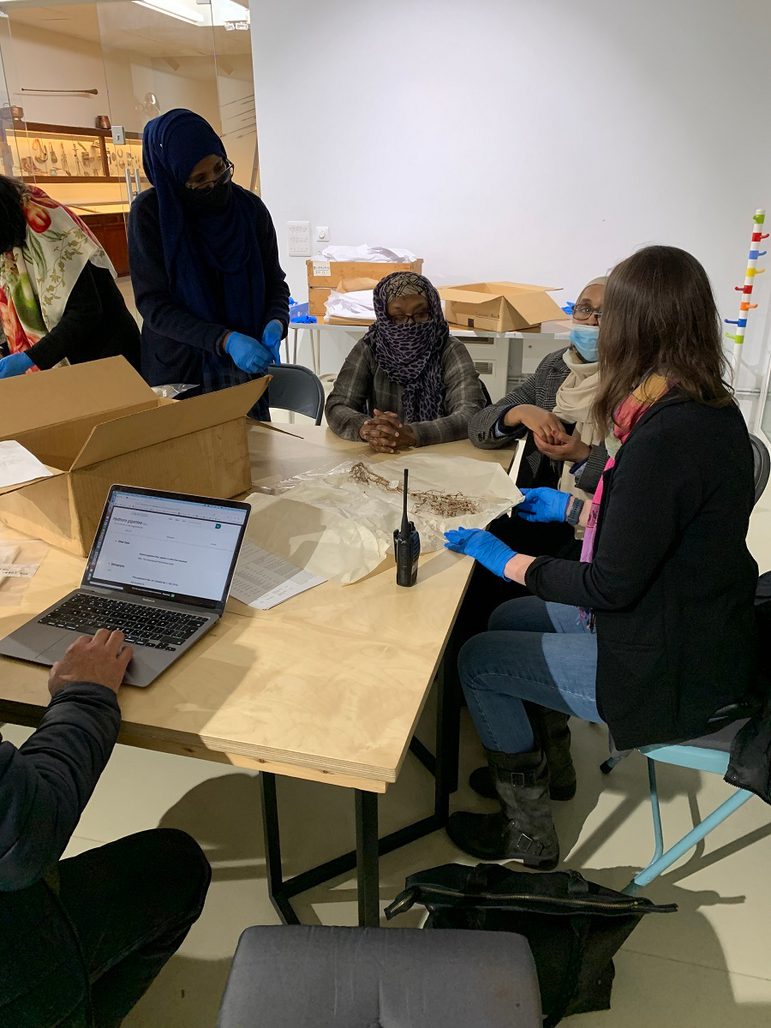
July 2022: Online workshop
This workshop presented three talks by ethnobotanist Nancy Turner, curator and researcher Naima Hassan and artist and researcher James Tylor to explore the challenges of doing ethnobotanical research and its applications.
The video below is an online talk by James on how the Kaurna environment in South Australia constitutes a 'living museum collection'.
November 2022: National Museums Scotland
The workshop was run in partnership with the Ngarluma Yindjibarndi Foundation, a Traditional Owner organisation based in Ieramagardu, Western Australia. The focus of the day was Ngarluma and Yindjibarndi biocultural collections held at National Museums Scotland and brought together by Emile Clement between 1896-1928.
A key outcome of the discussion was that the most contextual, useful and respectful care of biocultural collections could only come out of a partnership between museums who care for the physical collection and the Indigenous people whose experience of working with these materials and holistic cultural knowledge can enable the Museum to think about these collections as part of a wider cultural framework rather than in disciplinary isolation.
Talks were given by Gerry Turpin, Ali Clark and Alistair Paterson, and Kerry Churnside, Kevin Guiness and Kate Oosterhof. Blog posts about the workshop, written by the workshop bursary holders can be read on the Museum Ethnographers Group blog and the Natural Sciences Collections Association blog.
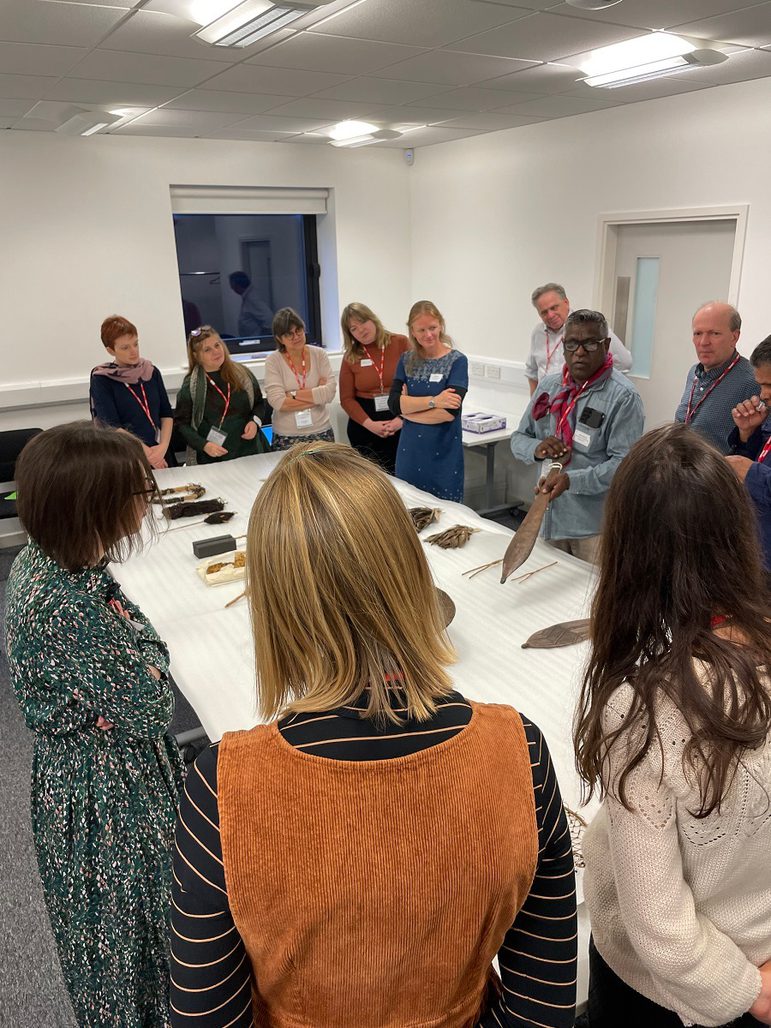
March 2023: Royal Botanic Gardens, Kew
The workshop was run in partnership with the Department of Cultures and Languages, Birkbeck, University of London and Museu Goeldi, Brazil. The focus of the day was northwest Amazonian collections held at the Royal Botanic Gardens, Kew and brought together by Richard Spruce between 1849-1864. The workshop addressed the question 'how ethnobotanical collections in museums can best be used to support Indigenous communities?'
Talks were given by Luciana Martins, Dagoberto Lima Azevedo, William Milliken and Mark Nesbitt, Claudia Leonor López Garcés, and Cinthya Lana. Translation was provided by Cynthia Sothers.
Discussions focused on the value of cross cultural, cross disciplinary research for ethnobotanical collections; the importance of continuous dialogue with community partners in the planning stages of research projects to ensure mutually beneficial outcomes; and the potential of intercultural museum databases to enable Indigenous and western knowledge to walk side by side.
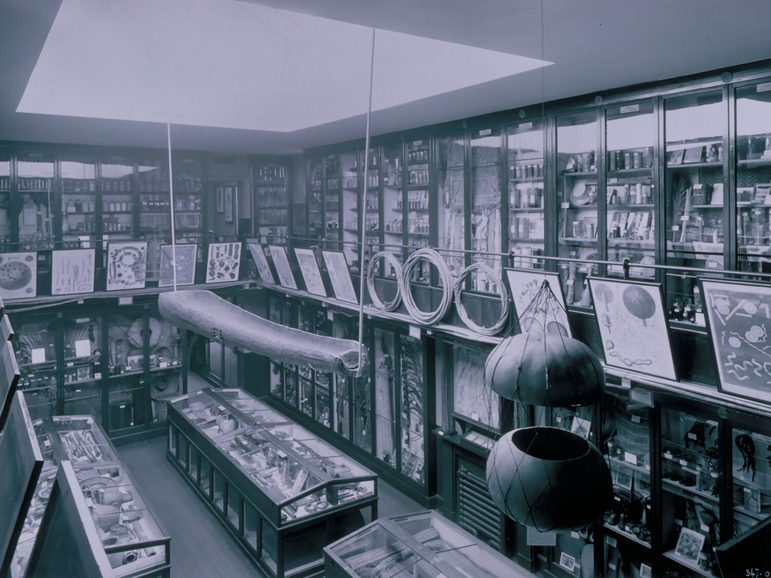
Project contact
Dr Ali Clark
Partner information
The project is funded by the Arts and Humanities Research Council under their Research Networking scheme. Project partners include the Powell-Cotton Museum, the Museum Ethnographers Group and the Natural Sciences Collections Association.
You might be interested in
- Discover

Reviving Mayan ceramics: the Smoking Monkey Vase
This lively ceramic vessel by Mayan artist Patricia Martín Morales shows a procession of animals and spiritual beings enjoying the intoxicating effects of cacao and tobacco. - Discover
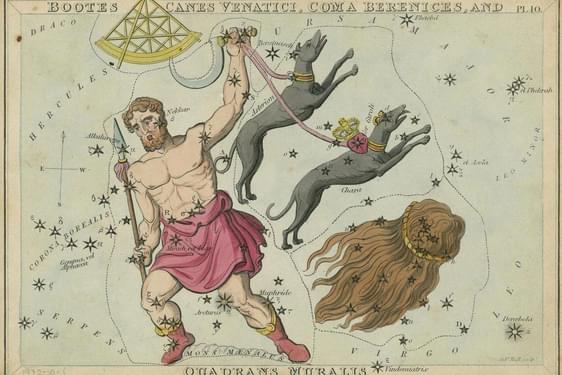
A 19th century guide to constellations
How well do you know your stars? Learn how to identify constellations like an aspiring astronomer in the 1800s with help from Urania’s Mirror. - Discover
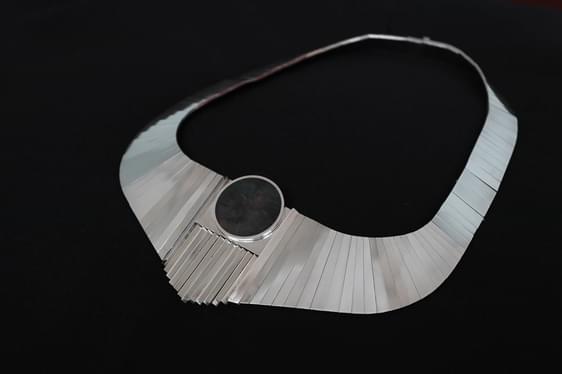
Scottish Modernist Design: Articulated Necklace by Dorothy Hogg
Dorothy Hogg MBE (1945-2022) was internationally recognised as one of the most important designer-jewellers of the last fifty years. This articulated silver necklace is one of her earliest works.


